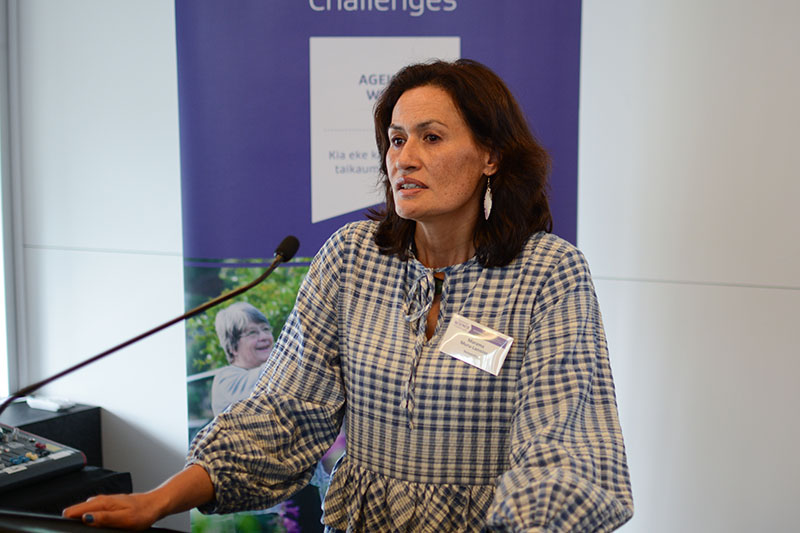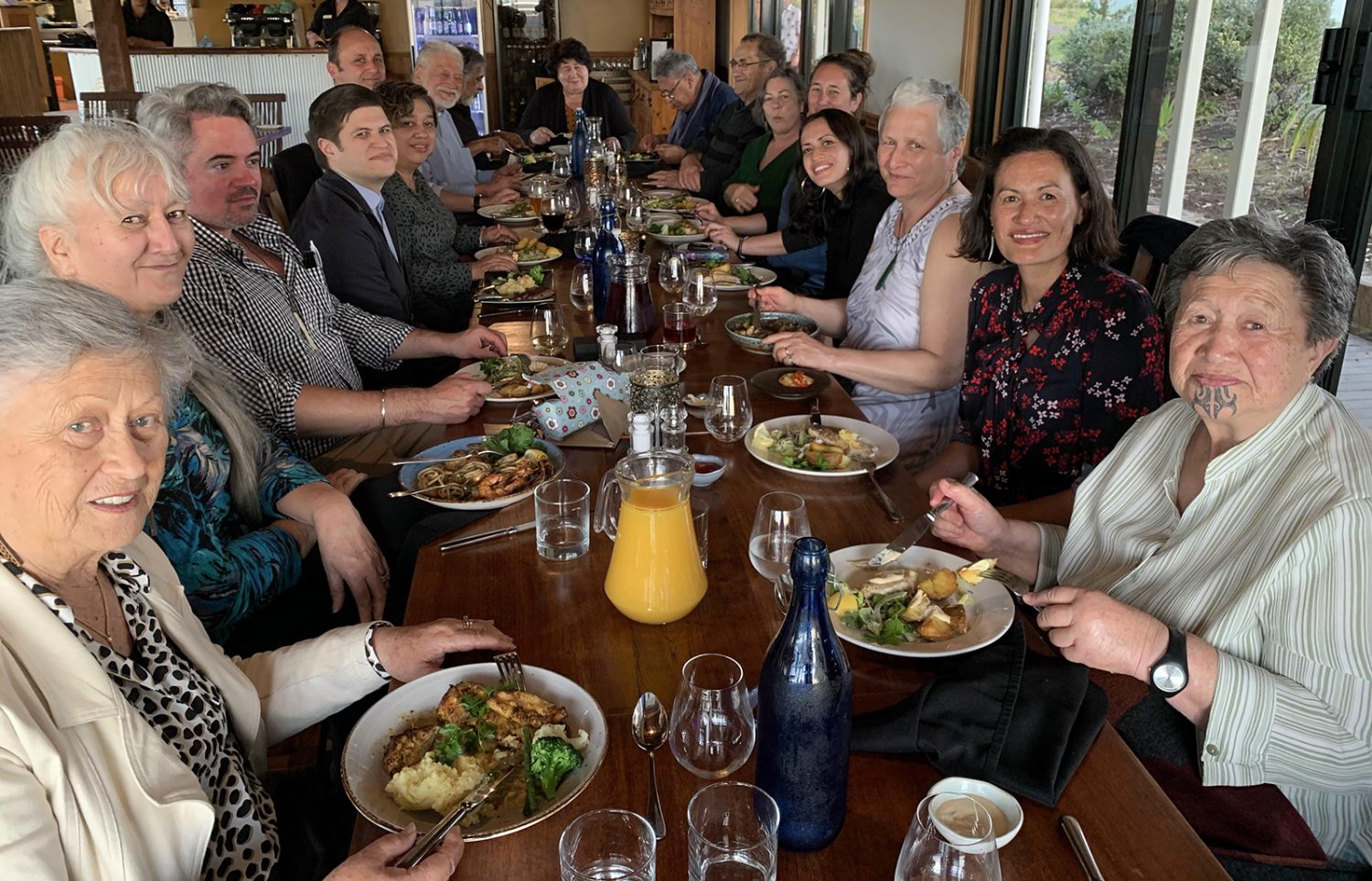Māori look forward to ageing. Becoming a kaumātua (Māori 55 or older) is to be venerated by whānau, hapū, and iwi alike. Yet despite Māori greeting ageing positively, there is a significant discrepancy between their views on growing older and their actual health. In fact, by any metric, kaumātua are not ageing well. And it is important, as a nation, to know the reasons why.
Embarking on a short feasibility study funded by Ageing Well, Co-Principal Investigators Associate Professor Marama Muru-Lanning and Dr Tia Dawes, of the University of Auckland, wanted to explore this apparent discrepancy between positive Māori attitudes to ageing and their negative health statistics.
A critical aspect of this pilot project was to ensure that the methods employed to gather data and select participants from a diverse geographical region were fit-for-purpose. Researchers conducted the pilot study with kaumātua from two Māori communities in Te Tai Tokerau (Northland), Patuharakeke and Ngātiwai. Employing a kaupapa Māori approach (research by, and for, Māori) proved critical. Drawing upon Māori customs (tikanga) and knowledge (mātauranga), researchers collaborated with participants to design, develop and evaluate the project. This meant the project was reciprocal in nature.
The engagement process exceeded expectations. The majority of kaumātua within the Ngātiwai Kāhui Kaumātua participated in the data collection and the research team created a waitlist in an attempt to accommodate as many participants as possible.
The first noho wānanga (2-day workshop) involved eight kaumātua of Patuharakeke descent and two support people; the second involved fifteen Ngātiwai kaumātua and three support people. The participants were fully engaged in the event, providing positive feedback and suggestions of co-design for future projects.

